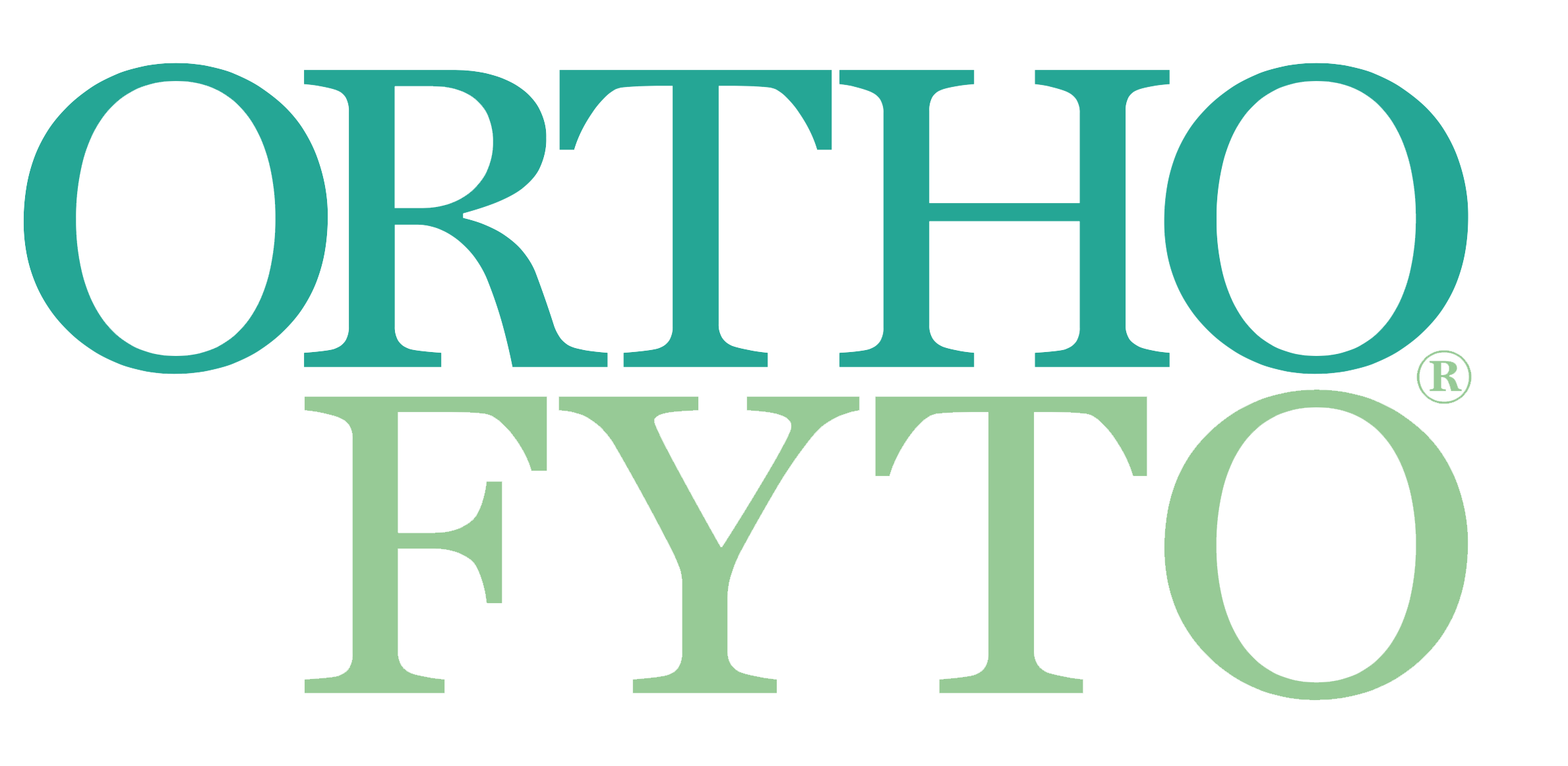Zwarte komijn
28 Nov, 2016
Door: David Gast
Zwarte komijn (Nigella sativa) is een opmerkelijk kruid. Binnen de traditionele Grieks-Arabische geneeskunde kende het hoge faam. De profeet Mohammed dichtte het volgens Abu Hurayrah zelfs de eigenschap toe dat het alles kon genezen, behalve de dood1. Het is opmerkelijk dat het kruid binnen de traditionele Europese geneeskunde vrij onbekend is gebleven. In het ‘Groot handboek geneeskrachtige planten’ van Verhelst wordt er geen aandacht aan geschonken en ook in het ‘Fytotherapeutisch compendium’ van Van Hellemont komt Nigella sativa er bekaaid van af. Het behoort niet tot de familie van de Apiaceae, zoals komijnzaad uit komijnekaas, maar tot de Ranunculaceae. Een naast familielid van zwarte komijn is het ‘juffertje in ’t groen’. Dat heeft binnen Nederland wel enige faam verworven, in de jaren zeventig, als droogbloem…
Bij de claim dat een kruid een panacee is hoort een gepaste achterdocht. Gelukkig is er klinisch onderzoek gedaan naar het gebruik van de zaden als geneesmiddel, zodat een deel van de traditionele claims kunnen worden getoetst. De laatste jaren zijn er meerdere systematische reviews verschenen, waarin de werking van een extract van de zaden van Nigella sativa bij bepaalde indicaties is onderzocht. Lees het gehele artikel vanaf pagina 40 in OrthoFyto 6/16 Wilt u het hele artikel als PDF ontvangen? Bestel het dan hier voor € 3,50 Bronnen: 1. Rahmani, A.H., Aly S.M. Nigella Sativa and its active constituents thymoquinone shows pivotal role in the diseases prevention and treatment. Asian Journal of Pharmaceutical and Clinical Research, 2015, 8.1: 48-53. 2. Sahebkar A., et al. Nigella sativa (black seed) effects on plasma lipid concentrations in humans: A systematic review and meta-analysis of randomized placebo-controlled trials. Pharmacological research, 2016, 106: 37-50. 3. Sahebkar A., et al. A systematic review and meta-analysis of randomized controlled trials investigating the effects of supplementation with Nigella sativa (black seed) on blood pressure. Journal of Hypertension, 2016. 4. Randhava M.A., Alenazi S.A. Neuropsychiatric Effects of Nigella sativa (Black Seed) A Review. Alternative & Integrative Medicine, 2016, 2016. 5. Huseini H.F., et al. Effectiveness of Topical Nigella sativa Seed Oil in the Treatment of Cyclic Mastalgia: A Randomized, Triple-Blind, Active, and Placebo-Controlled Clinical Trial. Planta Medica, 2016, 82.04: 285-288. 6. Gholamnezhad Z., Havakhah S., Boskabady M.H. Preclinical and clinical effects of Nigella sativa and its constituent, thymoquinone: a review. Journal of Ethnopharmacology, 2016, 190: 372-386. 7. Agbaria R., et al. Anticancer activity of Nigella sativa (black seed) and its relationship with the thermal processing and quinone composition of the seed. Drug design, development and therapy, 2015, 9: 3119. 8. Amin, B., Hosseinzadeh, H. Black cumin (Nigella sativa) and its active constituent, thymoquinone: an overview on the analgesic and anti-inflammatory effects. Planta Medica, 2016, 82.01/02: 8-16. 9. Korashy, H.M., et al. Impact of Herbal Medicines like Nigella sativa, Trigonella foenum-graecum, and Ferula asafoetida, on Cytochrome P450 2C11 Gene Expression in Rat Liver. Drug research, 2015, 65.07: 366-372.